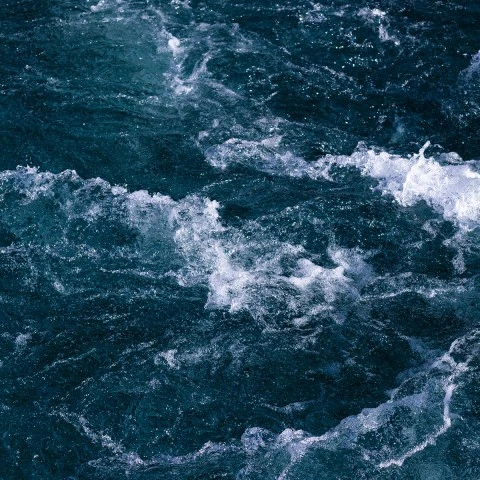Water Stewardship
The review of our risks related to water are undertaken in accordance with our Risk Management Policy and Framework and considers our dependencies and impacts on the quantity and quality of water as a hydro generator.

The review of our risks related to water are undertaken in accordance with our Risk Management Policy and Framework and considers our dependencies and impacts on the quantity and quality of water as a hydro generator.
Through these processes we have identified the following dependency related water risks:
Meridian’s hydro generation impacts on water quantity and availability which results in adverse impacts on ecological values and other water users.
Stakeholder engagement is a key aspect to addressing water related challenges. Engagement occurs during the consenting process and via ongoing activities which include:
There are also a number of positive water-related impacts that arise through Meridian’s operations beyond the generation of renewable energy. For example: the historical creation of Waitaki catchment lakes and canals that provide many recreational opportunities for boating, fishing, and camping; recreational flow releases in the Lower Waiau River; and, the creation of ponds accessible for rural fire fighting (e.g. Harapaki Wind Farm).
In addition to these engagement activities every year, Meridian completes a materiality assessment of our impacts (both positive and negative and actual and potential) on the environment, society and the economy. Every second year this included feedback from external stakeholders including asset communities via a Stakeholder Research Project.
Our material impacts (outlined in our annual report) which align to our water risks include
Meridian closely manages water related risks via a number of measures which include;
Water related risks are reported to the Audit & Risk Committee in line with our Risk Management Policy and Framework. Refer to our Corporate Governance Statement where the following enterprise risks related to water are included:
- Adverse hydrological conditions. Dry periods or drought conditions in the Waitaki or the Waiau catchments may reduce water levels and significantly affect our generation capability
Catastrophic event – such as a major earthquake, fire, flood, cyclone, explosion or act of terrorism affecting Meridian’s power stations.
Access to water – restrictions, conditions or costs related to Meridian’s use of and access to water
Legislative and regulatory risk – changes to public policy that lead to amendments to legislation or regulation, including electricity regulation, changes in policies to support renewable energy, and new or amended environmental regulations.
Tackling Zero is Meridian’s quarterly newsletter for people whose roles or studies are focused on sustainability, or for whom this is an area of interest. Each issue will offer Meridian’s insights into a topical sustainability issue, as well as stories on how we, our customers and supply chain partners are tackling sustainability. It also includes links to recent Meridian disclosures such as new policies and reports.